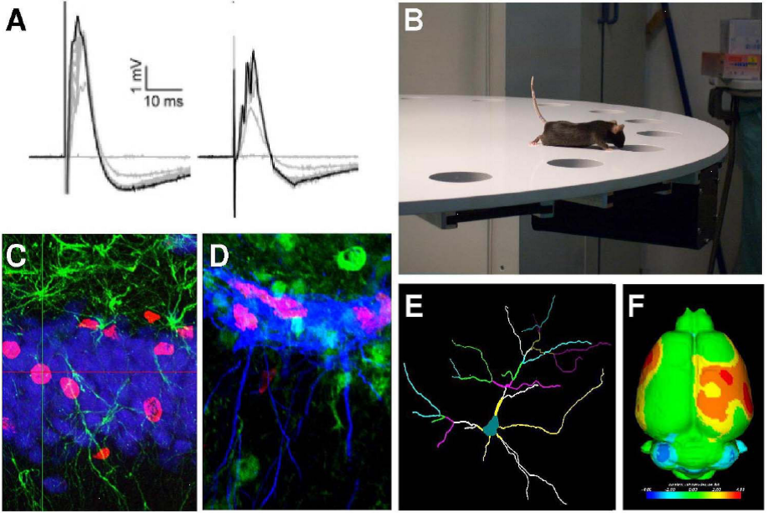
07747 Jena
Learning and adaptation are fundamental properties of the brain, driven by the continuous remodelling of neuronal networks. Our research group at the Department of Neurology investigates the cellular and molecular mechanisms underlying dynamic structural and functional alterations in the young, aging and diseased brain, with a particular focus on adult neural stem cells and neurogenesis, and brain-immune interactions.
To address these topics, we employ cutting-edge neuroimaging techniques (e.g. magnetic resonance imaging, confocal microscopy), advanced molecular methods (e.g. single-cell sequencing, RNAscope), bioinformatics, behavioural testing, and interventional approaches to model disease in mice.
During the upcoming summer course, we will introduce our research topics and molecular methods for investigating cell-type specific changes in the brain. Additionally, participants will gain hands-on experience in immunohistochemistry, confocal laser-scanning microscopy, and image analysis.

A) Electrophysiological recordings of stimulus-dependent responses in 2 different areas of the hippocampus. B) Mouse passing the Barnes maze test. C) Newborn neurons (purple) and D) newborn neuronal precorsor cells (purple) in the adult dentate granule layer. E) Tracing of a neuron residing layer II-III of the mouse motor cortex. F) MRI image of volumetric changes in rat model of cortical malformations.

